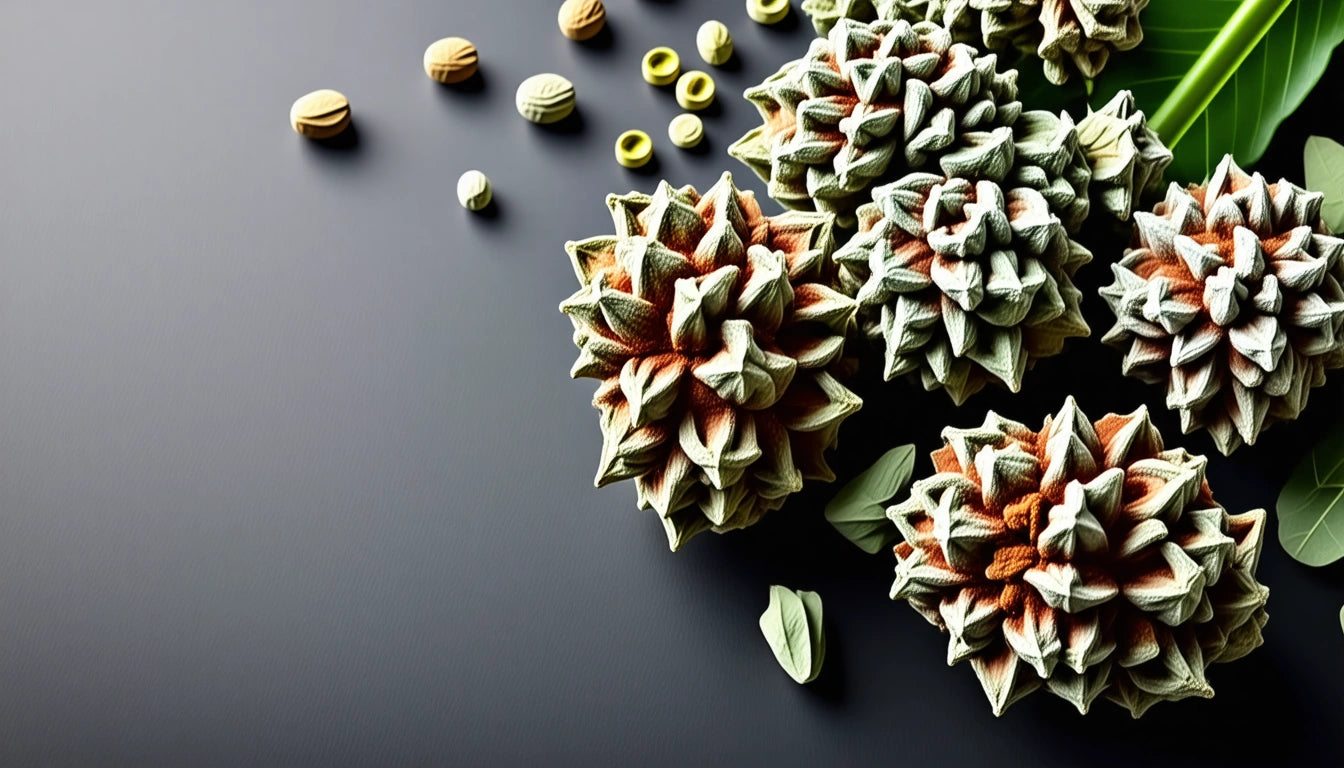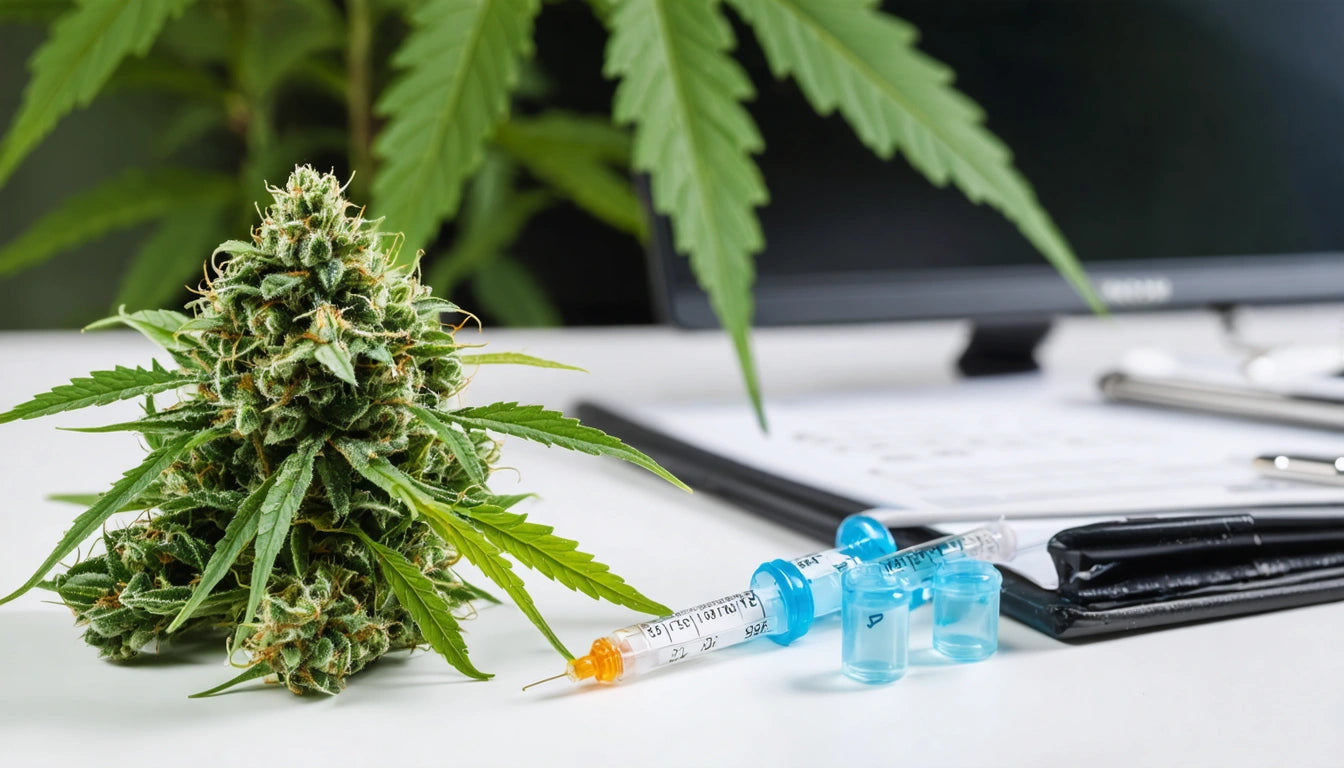Do Edibles Expire? Understanding Shelf Life and Potency
Yes, cannabis edibles do expire. Like any food product, edibles have a limited shelf life influenced by ingredients, preservation methods, and storage conditions. Understanding when edibles expire and how to properly store them helps maintain their potency, flavor, and safety over time.
Do Edibles Expire? Understanding Shelf Life
Cannabis edibles have expiration dates for good reason. These dates indicate when the product may begin to degrade in quality, potency, or safety. Most commercially produced edibles display a "best by" or expiration date on their packaging, typically ranging from a few months to a year from the production date.
According to research on cannabis product shelf life, THC and other cannabinoids gradually break down over time when exposed to oxygen, light, and heat. This degradation affects both the potency and overall experience of consuming the product.
Factors Affecting Edible Shelf Life
Base Ingredients
The shelf life of edibles varies significantly based on their ingredients:
- Chocolate and hard candies: Generally last 6-12 months
- Gummies and soft chews: Typically last 6-9 months
- Baked goods (brownies, cookies): Usually last 3-7 days at room temperature or 1-2 months when frozen
- Beverages: Generally last 3-6 months unopened
Preservatives and Manufacturing Process
Commercial edibles often contain preservatives that extend shelf life. Products made with professional dehydration, vacuum sealing, or other preservation techniques last longer than homemade alternatives without these processes.
Storage Best Practices for Extending Edible Lifespan
Proper storage significantly extends how long edibles last before they expire. Key practices include:
Temperature Control
Store most edibles in a cool, dry place away from direct sunlight. Refrigeration can extend the shelf life of many products, especially those containing perishable ingredients. For long-term storage of items like baked goods, freezing is often effective.
Air-Tight Containers
Exposure to air accelerates cannabinoid degradation and can cause food to stale or spoil. Using airtight storage containers with secure lids helps preserve freshness and potency by creating a sealed environment that prevents oxidation.
Light Protection
UV light degrades cannabinoids rapidly. Opaque or amber containers help protect edibles from light exposure, preserving their potency longer.
Signs Your Edibles Have Expired
To determine if weed edibles have expired, look for these indicators:
- Visual changes: Discoloration, mold growth, or unusual texture
- Odor changes: Rancid, sour, or "off" smells
- Taste alterations: Stale, bitter, or unpleasant flavors
- Texture issues: Excessive hardness, softening, or crumbling
Research on expired edible safety indicates that while potency decreases over time, the bigger concern is food safety issues like bacterial growth or mold, particularly in products containing dairy, eggs, or butter.
Common Questions About Edible Expiration
What Happens When Edibles Expire?
When edibles expire, two main changes occur:
- Potency reduction: THC converts to CBN over time, reducing psychoactive effects
- Food quality degradation: Texture, flavor, and freshness diminish
According to studies on edible potency over time, products may lose 10-15% of their THC potency annually even under ideal storage conditions.
How Long Do Edibles Last Before They Expire?
Typical shelf life ranges:
- Commercial gummies/candies: 6-12 months
- Homemade baked goods: 3-7 days at room temperature
- Chocolates: 6-9 months
- Tinctures and oils: 1-2 years
For detailed information on how long edibles last, both in terms of shelf life and duration of effects, product-specific guidelines provide the most accurate timeframes.
Product-Specific Expiration Guidelines
Gummies and Candies
Hard candies and properly stored gummies typically last 6-12 months. Sugar crystallization may occur but doesn't necessarily indicate spoilage. However, if gummies develop a slimy texture or unusual smell, they should be discarded.
Chocolates
Chocolate edibles generally last 6-9 months. White spots (bloom) may appear due to temperature fluctuations but don't affect safety. Store in cool, dark places to prevent melting and potency loss.
Baked Goods
Cookies, brownies, and other baked items have the shortest shelf life, typically 3-7 days at room temperature or 1-2 months when frozen. Refrigeration extends freshness but may affect texture.
Beverages
Cannabis beverages typically last 3-6 months unopened. Once opened, they should be consumed within 3-5 days and kept refrigerated.
Preserving Potency and Safety Beyond Expiration Dates
While expiration dates provide important guidance, proper storage can often extend an edible's useful life. Understanding refrigeration benefits for different edible types helps maximize both safety and efficacy.
For businesses, investing in quality packaging with features like UV protection, airtight seals, and proper labeling helps protect products and build consumer trust. For consumers, following storage recommendations and checking products before consumption ensures the best experience.
Remember that while expired edibles might still be safe to consume if they show no signs of spoilage, their potency and effects will likely be reduced, potentially leading to unpredictable or underwhelming experiences.











Leave a comment
All comments are moderated before being published.
This site is protected by hCaptcha and the hCaptcha Privacy Policy and Terms of Service apply.